
WP 7.1 Microbial Growth, Biomass, and Carbon Use Efficiency
project description
Growth and death are at the very core of microbiome research. Without growth and biomass turnover of heterotrophic microbial communities, global biogeochemical cycles would not function, and life as we know it would not be impossible. Despite its central importance, there is no unifying theoretical concept of growth that can be applied all the way from pure cultures to microbial communities in the wild. This is because growth in cultures is commonly measured as cell division under high nutrient supply, but in natural communities, growth is far more complex. It can also include the synthesis of storage compounds or simply an increase or decrease in cell size. These factors are of enormous biogeochemical relevance but difficult to measure experimentally. In addition, most theoretical concepts of in-situ growth are not built on measurements of mass-specific growth rates (i.e., turnover rates) and thus do not allow comparisons of growth across systems. Similarly, methods to estimate growth and death across systems are lacking but are highly relevant for moving towards comprehensive estimates of the contribution of bacteria to global element cycles.
Here, we aim at (i) unifying existing theories of growth, biomass, and turnover of microbes to allow for generalization across all types of growth and all microbial ecosystems, from the human gut to the deep subsurface or ocean environments, and (ii) elucidating the main cross-system controls of growth and turnover at the level of individual microorganisms, populations, and communities, including response to up- and downshifts in nutrients and top-down controls. This WP will also address how the relationship between growth and cellular mass/volume is modulated by energy and nutrient availability, and will thus expand or completely revise existing theories, such as the growth rate hypotheses or the growth law.
Towards these goals, we will establish (and in part develop) a set of novel methods to constrain microbial growth and mass (volume) across different levels of organization and ecosystems, from single cells to complex communities. We will leverage our ability to measure mass and mass accumulation at the single cell level by suspended microchamber resonators (SMRs) to determine the relationship between growth rate and mass, and between mass and predation rate. We will further use substrate- free stable and radioactive isotope labeling methods, such as the incorporation of 18O, 2H and 3H from water (vapor) into a range of different microbial biomarkers (from DNA, RNA, and proteins, to lipids, and storage compounds). We will use Raman spectroscopy as well as NanoSIMS to quantify label incorporation at single-cell resolution. We will also compare these direct measures with genomic approaches, i.e., in-silico methods to estimate growth and activity from (meta)genomic data, such as GRID (growth rate index).
Building on this comprehensive experimental approach and a synthesis of publicly available data, we will work collaboratively on a comprehensive theory of growth, one of the most, if not the most fundamental parameter of microbial life. The results and knowledge gained in this WP will also enable better predictions of the possible repercussions and feedbacks of human-induced global changes on structure and functioning of microbiomes and on planetary health.
work package leader
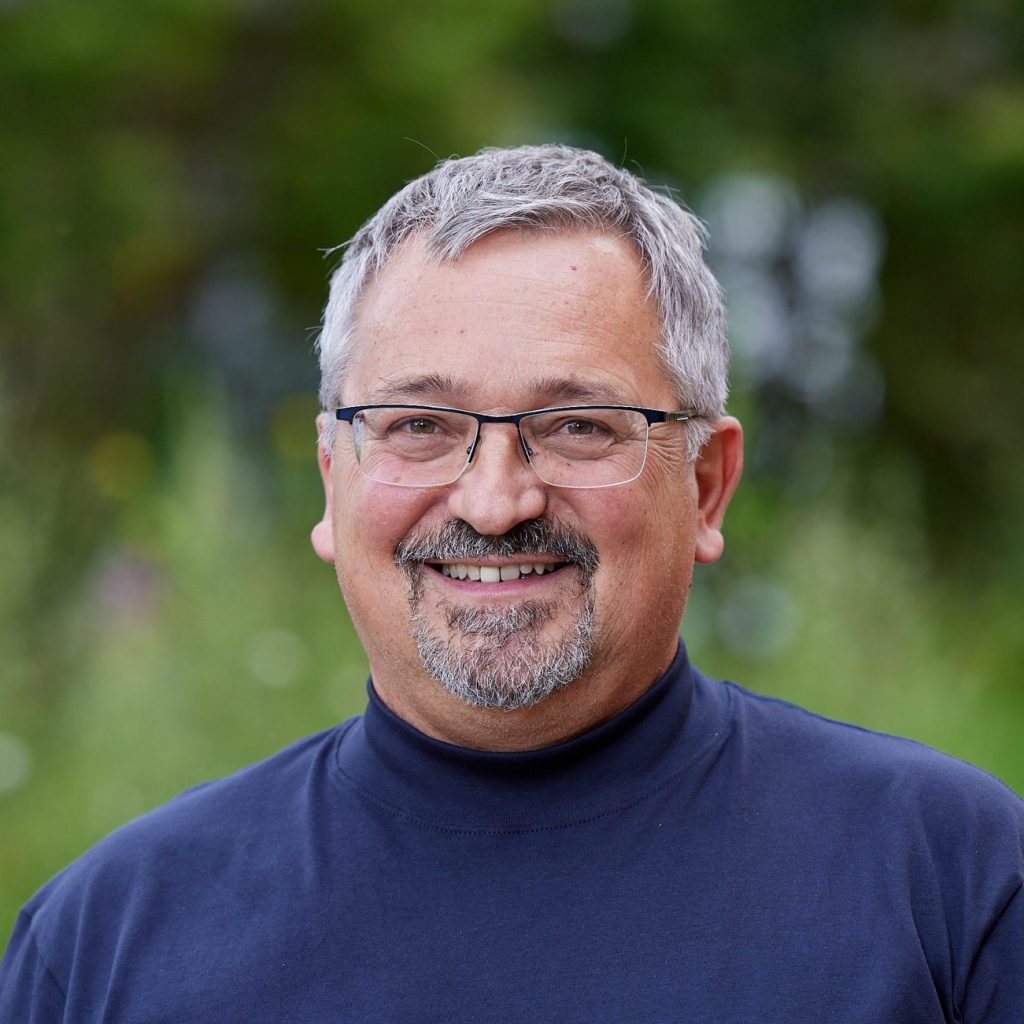
andreas richter
University of Vienna
Professor at and Head of the Division of Terrestrial Ecosystem Research (CeMESS)
Head of the Centre for Microbiology and Environmental Systems Science (CeMESS)
CoE Key Researcher
work package members
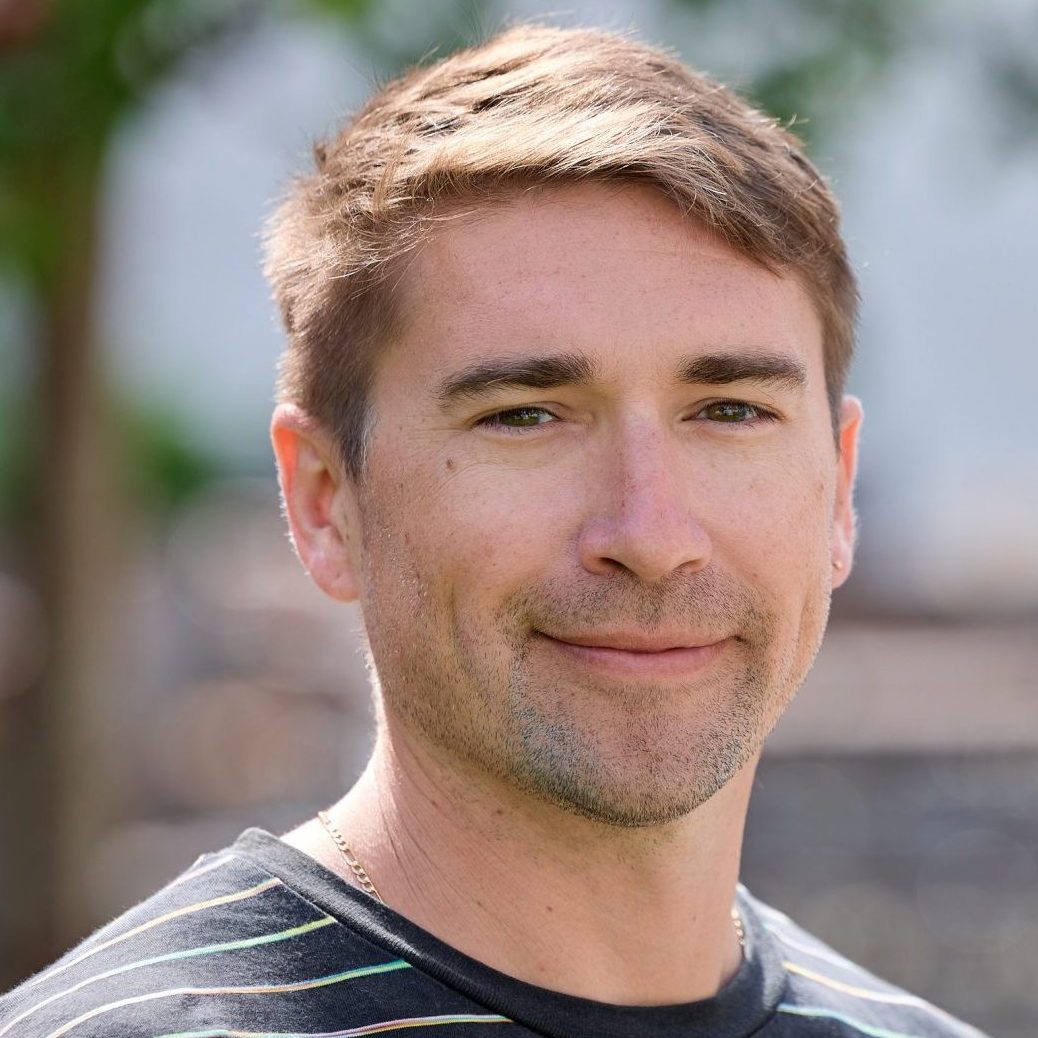
david berry
CoE Key Researcher
university of vienna

Foto: Clemens Fabry
edo danilyan
PhD Student
university of vienna
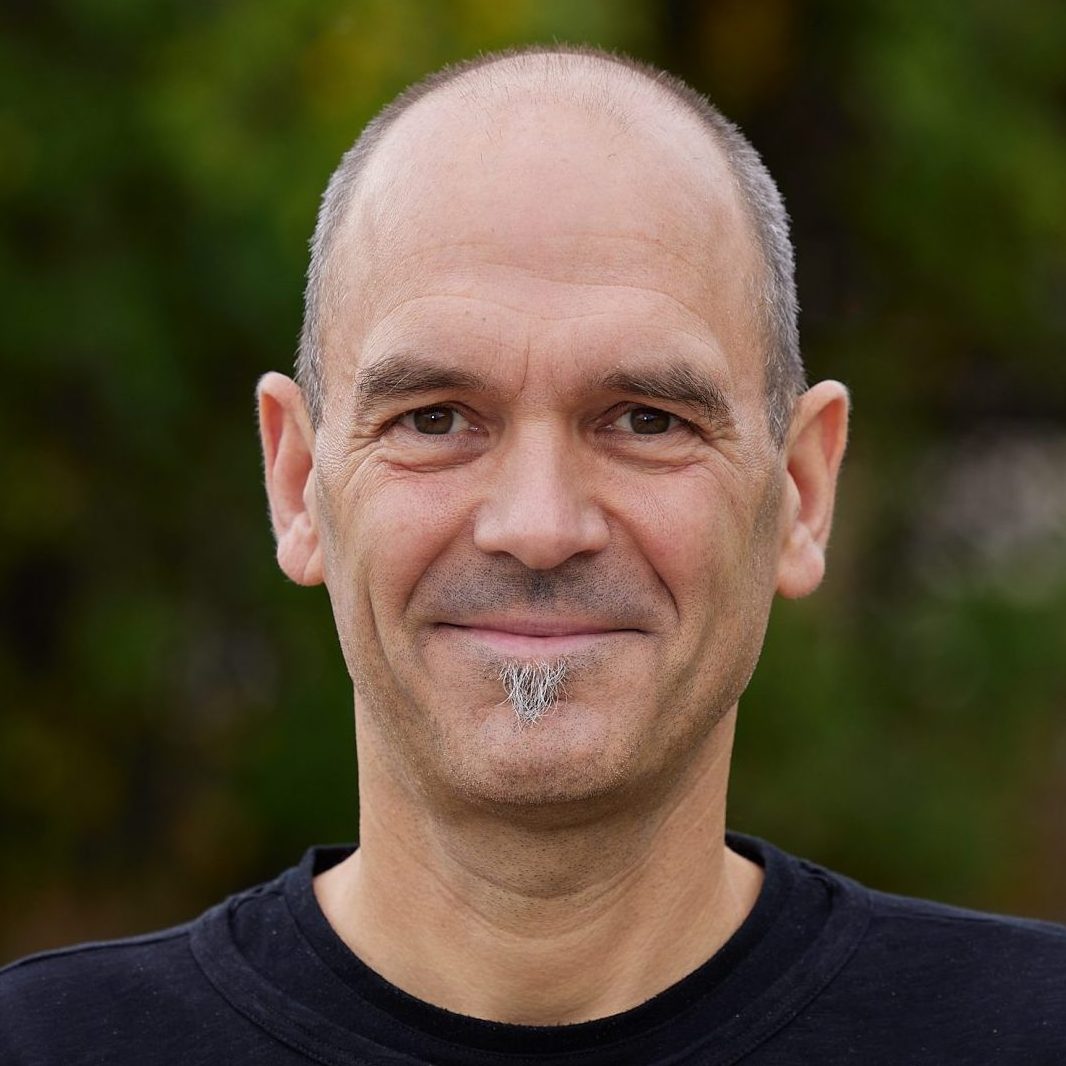
matthias horn
CoE Key Researcher
university of vienna
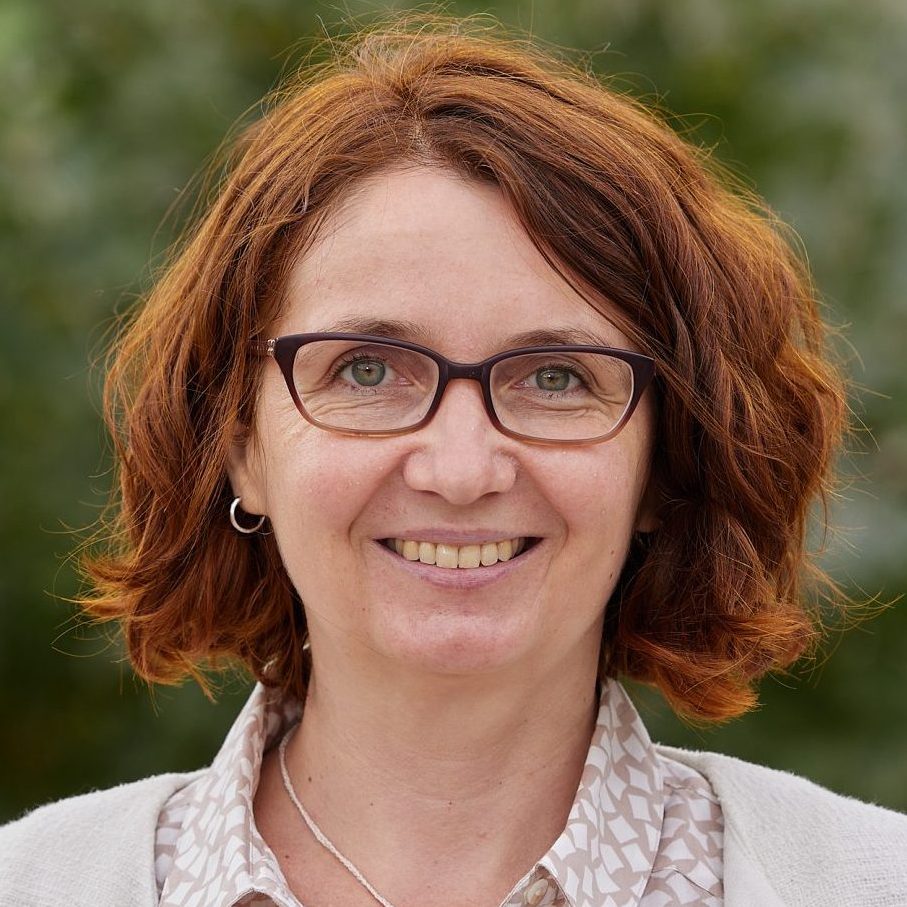
christinA kaiser
CoE Key Researcher
university of vienna
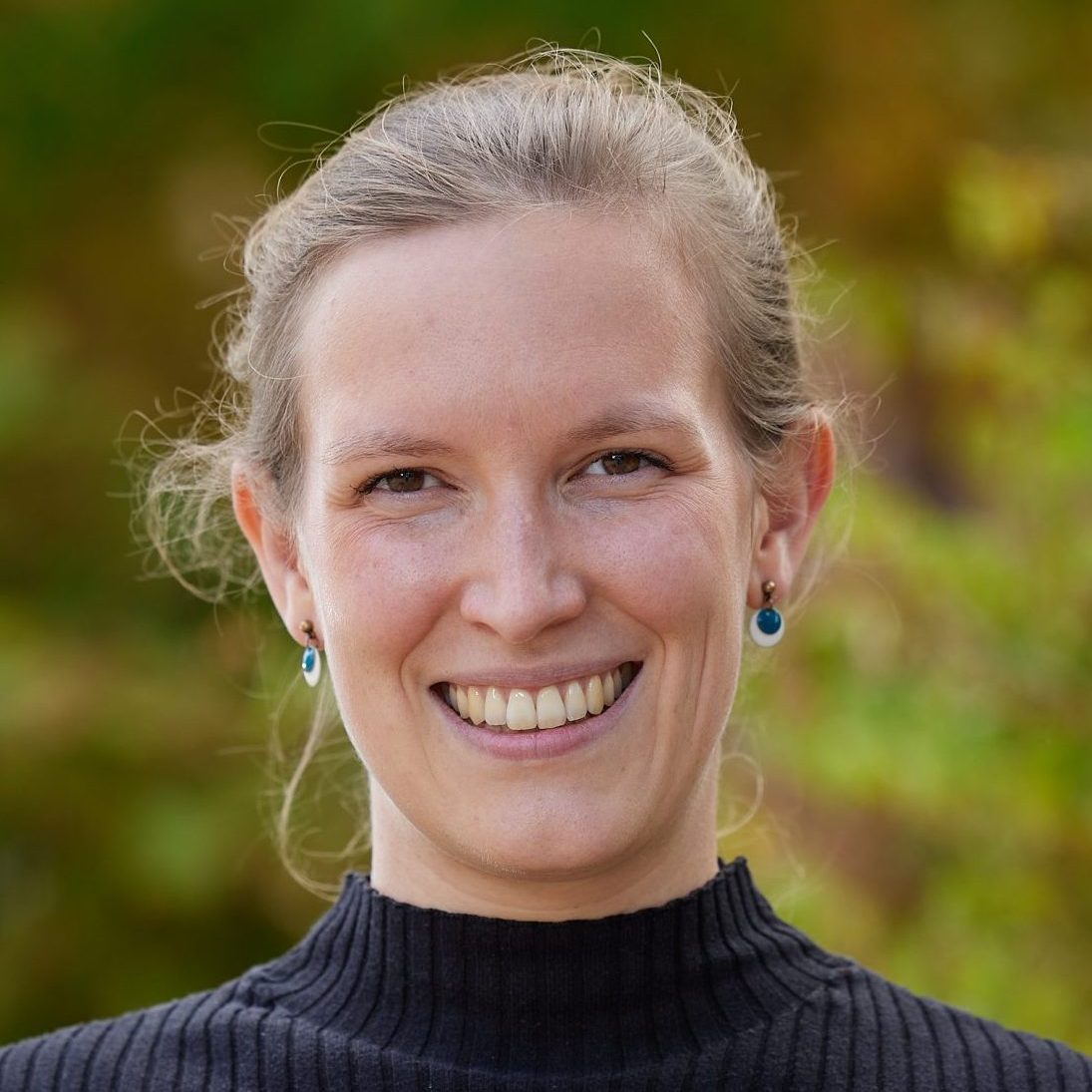
katharina kitzinger
CoE Key Researcher
university of vienna
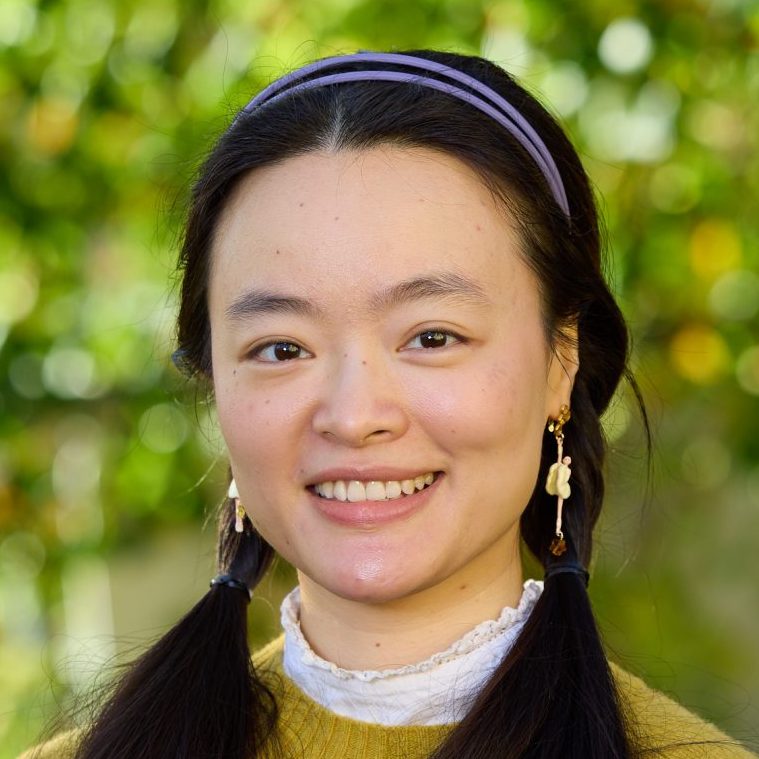
Foto: Clemens Fabry
Yujia Luo
Postdoctoral Reseacher
university of vienna
involved institutions
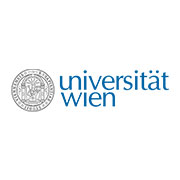
CoE publications in wp 7.1
Publications will follow soon

